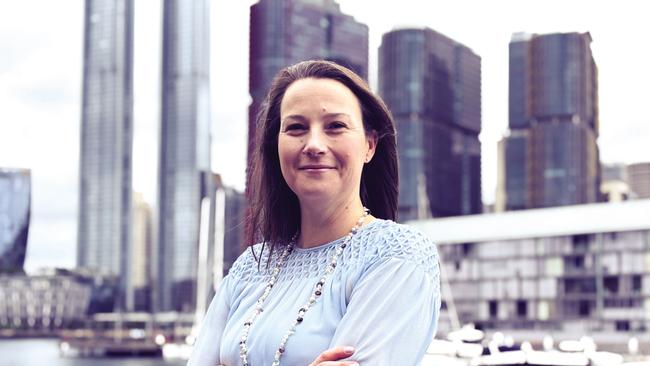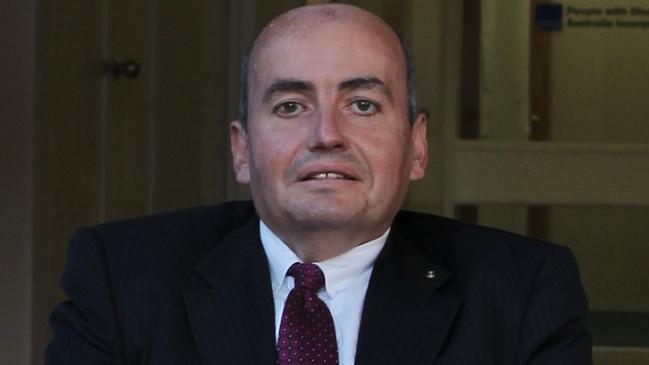Patients argue unfiltered air promotes ‘discriminatory’ public spaces
Disability advocates argue schools and workplaces that fail to provide safe and clean air push discrimination, with patient groups calling for government intervention.

Lax air regulations may contravene disability discrimination law, according to high-risk Australians who are calling on the government to intervene and ensure better air cleanliness.
A new advocacy group, Safer Air Project, has warned that current air quality standards cost up to $50bn over three years in cost associated with covid and long covid
Delegates will travel to parliament on Wednesday and speak to the government on the need to ensure improvements to ventilation, saying that a lack of enforcement breaches the Disability Discrimination Act.
Safer Air Project founder Plum Stone, an immmuno-compromised mother of two high-risk children, said that because air pollution was invisible “most people don’t think about it … and also don’t think that they’re at risk”.
“As a mother of high-risk children, it’s exhausting trying to ensure that they are safe at school,” Ms Stone said. “I never thought that would be something that I had to think about daily.”
Her son contracted respiratory syncytial virus at birth and has since been diagnosed with an inherited auto-inflammatory condition, while her daughter suffered seizures as a result of Covid, enduring subsequent hospitalisation.
Ms Stone, who has long Covid, her children, and her husband, who has a kidney condition, are all at increased risk of infection.
Out of frustration, she founded Safer Air Project, having previously worked in health advocacy.
Ms Stone said enforcing air quality under the Disability Discrimination Act arguably would not require amendments, given it already calls for spaces to be universally accessible, though it is without precedent or prior enforcement.
“I became really frustrated with why we hadn’t made the air safe for everyone to breathe and this was just a thought I couldn’t put to bed,” she said.
“If we were in a wheelchair we would have a ramp.
“The burden of responsibility for staying safe, when we all share the same air, shouldn’t rest on the immuno-compromised or high-risk person, especially when that person is a child. As Australians, we pride ourselves on a fair go for everyone.”

Advocacy for Inclusion’s policy head Craig Wallace said federal regulation would be an acknowledgment the “2020s are not the 2010s”.
“This is caught up in the odd and dysfunctional politics around the pandemic, where a public health issue has become a political and ideological divide between people. But the reality is that for many people with disabilities, we are more susceptible to peak respiratory diseases and are more likely to have an unhappy outcome as a result of contracting one,” Mr Wallace said.
“We’re now in a different era where there is a much more present risk of both unmitigated pollution and unmitigated disease.
The Safer Air Project has called for a focus on regulating air quality in aged care settings, hospitals, workplaces and schools, before broadening the focus.
Measures include diluting and disinfecting contaminated air, filtering rooms and regulating dispersion. It has also called for recognition of the issue under the Disability Discrimination Act, Premises Standards, and existing Workplace Health and Safety regulations.
Neuroscientist Hayley Teasdale argued adapting discrimination law to the regulation of air quality would be a matter of letting “science inform policy”.
“Living with an immune deficiency means your immune system is already navigating a demanding workload, constantly responding to threats most people rarely consider,” Dr Teasdale said. “Poor indoor air quality can quickly tip the scales, transforming a safe space into a source of inflammation and infections.”


To join the conversation, please log in. Don't have an account? Register
Join the conversation, you are commenting as Logout